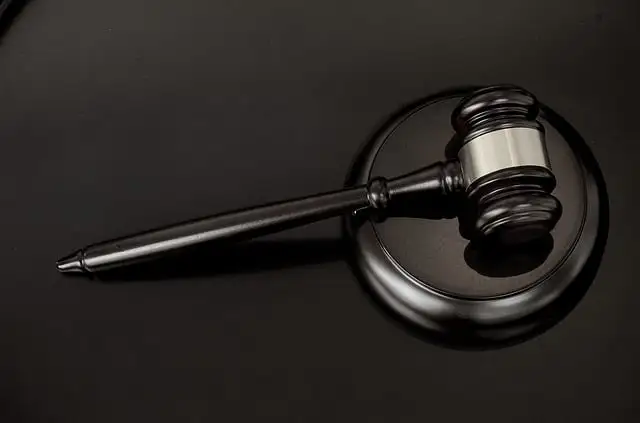The rule of law stands as a cornerstone of democratic governance, ensuring that all individuals and institutions, including government officials, are accountable under the law. While political discourse often highlights breaches by one party, it’s imperative to examine adherence across the political spectrum. Recent critiques suggest that Democratic leaders, despite their advocacy for legal norms, may not be exempt from scrutiny regarding their commitment to the rule of law.
The Principle of the Rule of Law
At its core, the rule of law mandates that laws are applied equally, transparently, and justly, without favoritism or prejudice. This principle is fundamental to democracy, ensuring that no individual or entity, regardless of status or power, is above the law. The American Bar Association emphasizes that the rule of law is essential for protecting individual rights and maintaining public order.
Democratic Rhetoric vs. Actions
Democratic leaders have consistently championed the rule of law, particularly in criticizing actions perceived as undermining legal norms. However, instances have arisen where their actions appear inconsistent with this advocacy. For example, during the 2020 protests following George Floyd’s death, some Democratic prosecutors chose not to pursue serious charges against individuals accused of looting and property destruction. This selective enforcement raises questions about the uniform application of the law.
Selective Prosecution Concerns
Critics argue that certain Democratic-led jurisdictions have exhibited selective prosecution, potentially undermining the rule of law. Cases involving anti-Israel protesters who destroyed property in New York City and Washington, D.C., saw charges being dropped by Democratic prosecutors. In contrast, federal prosecutors have pursued convictions against anti-abortion activists for peaceful protests. Such disparities suggest a potential bias in legal enforcement based on political or ideological leanings.
Judicial Appointments and Partisanship
The judiciary’s role in upholding the rule of law is paramount. Both major political parties have been accused of politicizing judicial appointments. The Democratic Party’s platform acknowledges the need for structural court reforms to increase transparency and accountability, criticizing the Republican Party for appointing partisan judges. However, the process of judicial appointments by Democrats has also faced scrutiny, with concerns about maintaining judicial impartiality.
Legislative Actions and Legal Boundaries
Legislative initiatives by Democratic leaders have occasionally sparked debates about adherence to legal norms. For instance, efforts to pass federal voting rights legislation have faced challenges, with some arguing that proposed changes to filibuster rules could undermine established legislative procedures. While the intent is to protect voting rights, the methods employed must align with constitutional principles to uphold the rule of law.
International Perspectives on Rule of Law
Globally, the rule of law is recognized as essential for democracy. The United Nations underscores that human rights, the rule of law, and democracy are interlinked and mutually reinforcing. This perspective highlights the importance of consistent legal application and accountability, irrespective of political affiliation.
Conclusion
The rule of law is a non-negotiable pillar of democratic societies, demanding unwavering commitment from all political actors. While Democratic leaders often position themselves as defenders of legal norms, instances of selective enforcement and partisan judicial appointments suggest areas where their adherence to the rule of law warrants scrutiny. Ensuring that laws are applied consistently and impartially is crucial for maintaining public trust and the integrity of democratic institutions.


